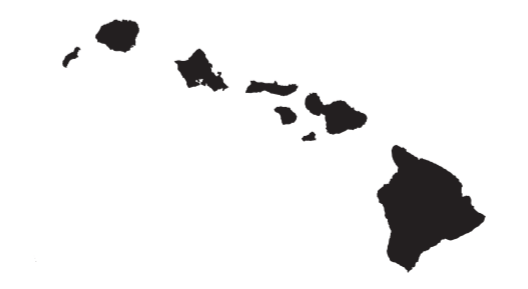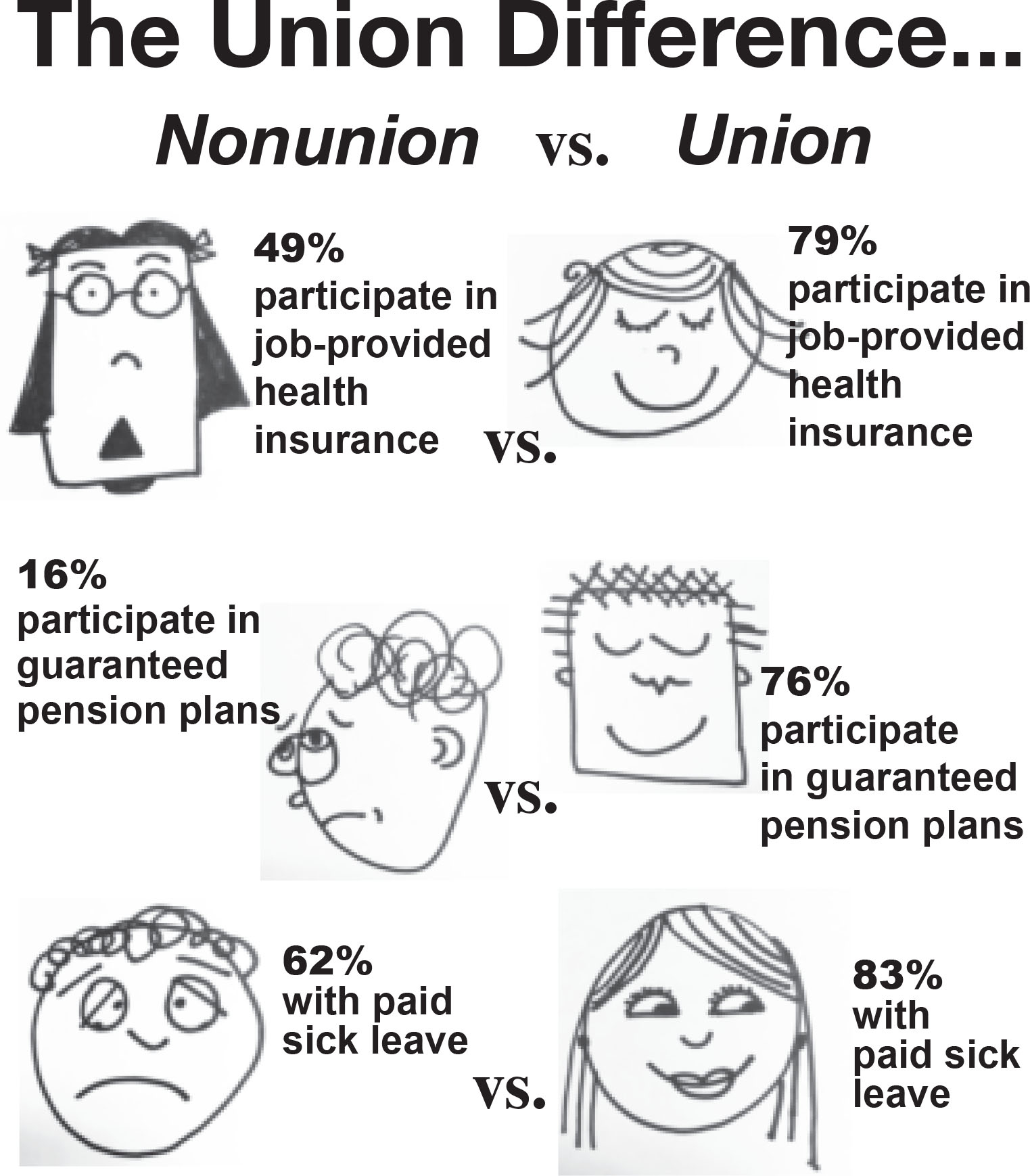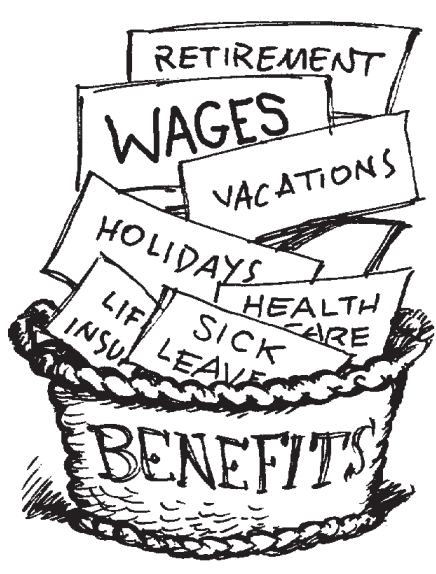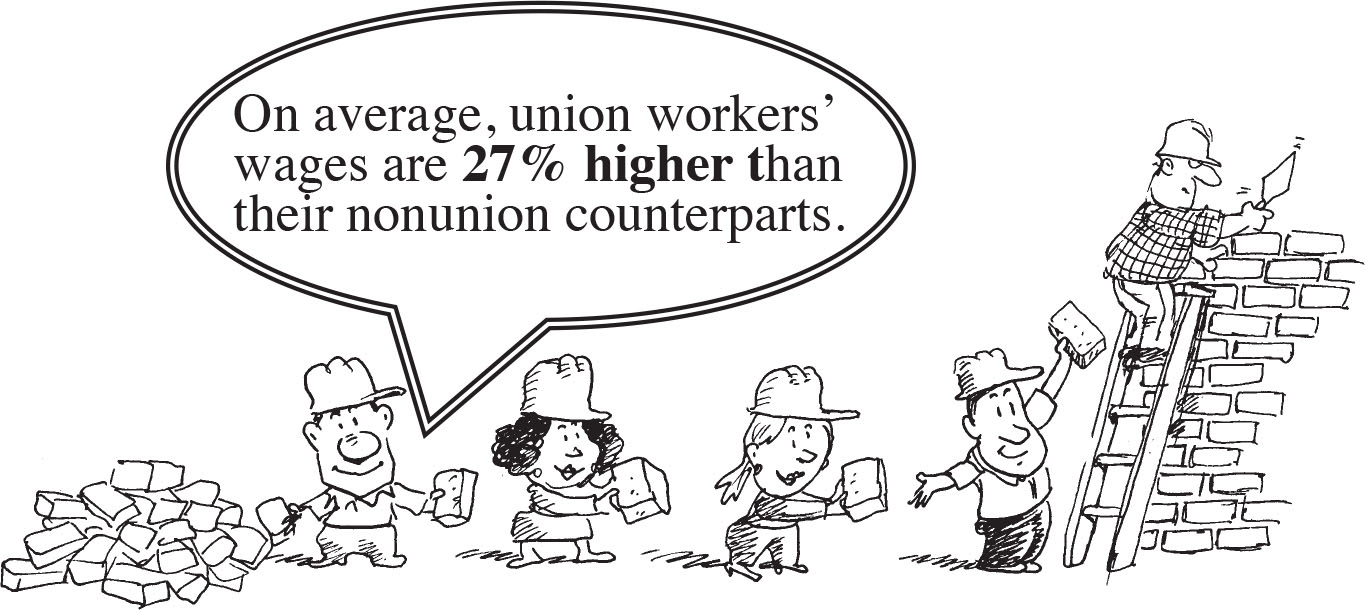Be our guest.... You’re invited to attend Division Executive Board meetings!

Most of the work of the ILWU takes place at the Division level, which is made up of all ILWU members on your island, or in the case of the Hawaii Longshore Division, all the members of the longshore industry. Maui Division includes members on the islands of Lanai and Molokai.
The Division Executive Board (DEB) meets monthly to advise the elected full-time officers of the Division (the division director and business agents). The Division Executive Board may also take up concerns from the units and plan Division activities such as Labor Day celebrations.
The officers of every unit in your Division are official members of the Division Executive Board. However, all ILWU members and retirees are welcome to attend these meetings.
When you attend the Division Executive Board meetings, you will have the opportunity to meet ILWU members who work in other industries. You will hear reports and learn about the work of the entire union.
See the big picture
The ILWU is more than just the workers at your workplace. When you attend the Division Executive Board meetings, you will understand you are part of a statewide organization of workers. You will learn how the ILWU works to improve conditions of all working people in Hawaii.
You can also ask questions and share your ideas on how your union can improve its work. Some Divisions have educational programs or guest speakers at these meetings. All Divisions provide food before their meetings.
Division Executive Boards have a big role in the Local 142 Convention, which is held every three years. The next Convention is in 2018.
Divisions are represented at the Convention based on the number of members in each division. Divisions may propose union policies and amendments to the ILWU Constitution at the Convention.
ILWU members may also attend and observe the quarterly Local Executive Board meeting where elected representatives from all Divisions meet to direct the work of the union and carry out the policies set by the Local 142 Convention. The Local Executive Board meeting is usually held in Honolulu at the ILWU’s Atkinson Drive building.

Call your Division to find out when and where the next meeting will be! (see back page).
Your union contract -- the benefits are priceless
Your union contract is a written agreement with your employer. It defines your wages, benefits, conditions of employment, and rights. It is enforceable through a grievance procedure and ultimately in a court of law.
U.S. and Hawaii law only protects a worker from being fired for an illegal reason—such as discrimination by race, sex, age, religion, sexual orientation, ancestry, disability, marital status, or arrest and court record.
However, unionized workers have a written contract which gives them additional protection against unjust or unfair firing or treatment on their job.
With a union, workers have a voice on the job because management is required to negotiate with them on any changes in the terms and conditions of employment. With no union, management can take back benefits and change things on the job at any time with no notice and no need to consult with workers.
Most union contracts are renegotiated every three years, although some contracts run for only one year and others run for as long as six years. How long the contract runs is up to you and your negotiating committee.
The ILWU is a democratic union and members are involved in every step of the negotiation process.
Before the old contract expires, the union members at your company will be asked for their input and ideas on what to change in the contract. This is usually done at a membership meeting, called by the officers of your Unit.
This is one good reason why you should attend union meetings—it’s your chance to improve your union contract.
Your unit will also select a committee to represent them in negotiations with management.
This committee is usually composed of your elected unit officers, but many units will expand the committee to make sure different parts of your unit are represented.
A hotel unit, for example, might select a committee with members from different departments like housekeeping, food and beverage, maintenance, and front desk.
The Local or Division office will also assign a fulltime business agent or officer to work with your negotiating committee as your spokesperson.
During negotiations, unit members may be asked to support their committee by wearing union buttons, attending rallies, and mobilizing in other activities.

When your committee thinks a fair settlement with management has been reached, they must get your vote of approval before the new contract can be finalized. This happens at a membership meeting where your committee will report on the settlement and where your unit members can vote to accept or reject the settlement. This is another part of ILWU democracy which requires membership approval for all contract settlements. In rare cases, management may refuse to agree to a fair settlement and your committee may ask you to authorize a strike. Again, ILWU democracy requires membership approval for a strike.
Your union contract is a very important document. You should read the contract and be familiar with its terms. You should challenge management whenever they violate the contract. You can get a copy of your contract from your unit officers.

(statistics from US Department of Labor, Bureau of Labor Statistics, National Compensation Survey: Employee Benefits in the United States, March 2015)
